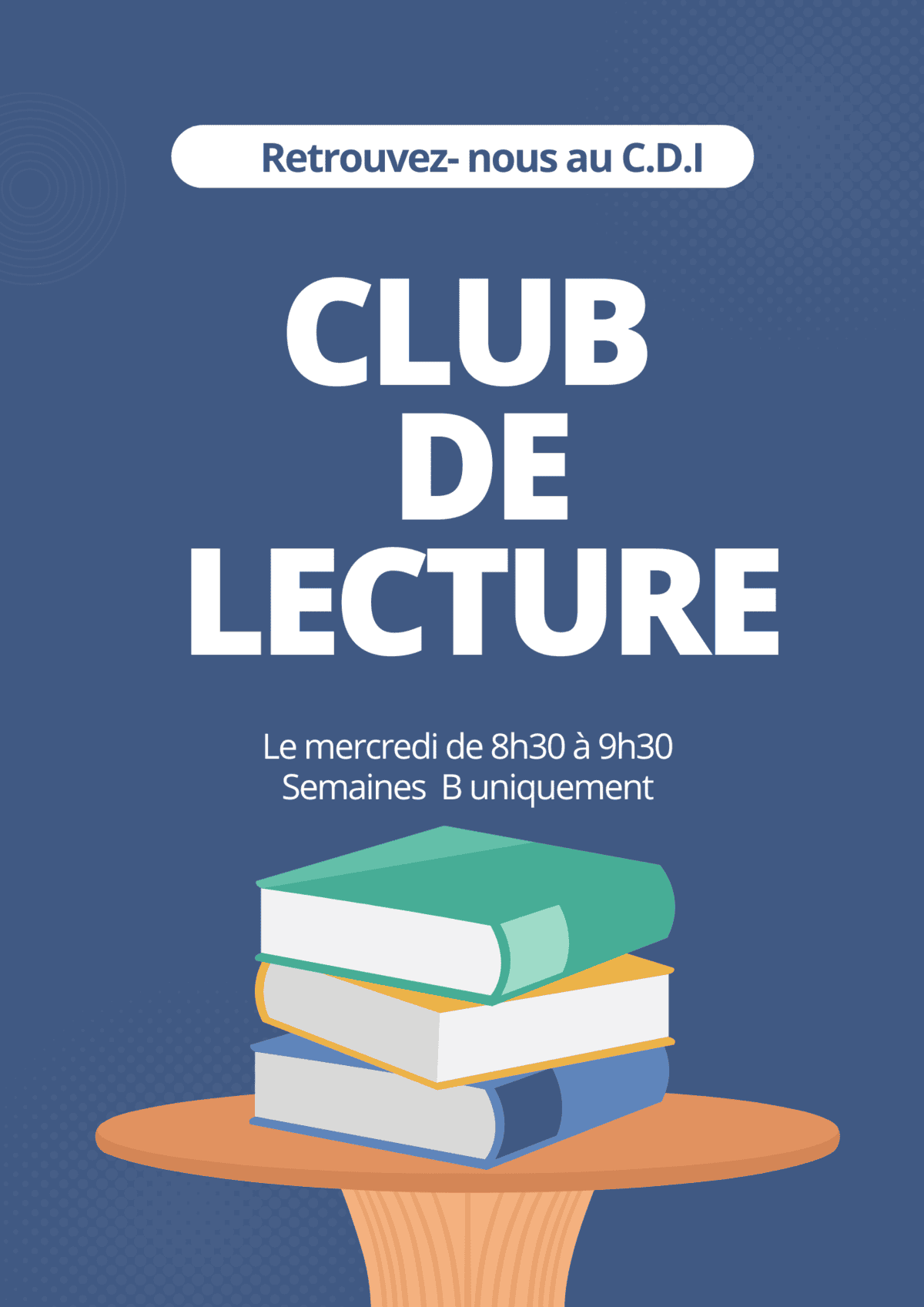Book club: 5th session
Aliénor presented three novels: Le Diable au corps, by Raymond Radiguet ; L’Amant, by Marguerite Duras ; La Biographie de la faim, by Amélie Nothomb.
- In Le Diable au corps, war is seen as “four years of holidays” by the main character, François, a young man who is having an affair with a married lady. By doing so, François takes the risk of being marginalised in a society that cannot condone such a behaviour. In this character, the reader can see the connection with the author’s own life, a young writer who had the same kind of experience as his character, and who died aged 20, in 1923.
- L’Amant is set in French Indochina. The young French lady whom we follow has an affair with an older Chinese man, against the prejudices, in the Colony, regarding cross-cultural unions. The autobiographical material, the story about an unlikely love affair, thus becomes a reflection on colonial discrepancies.
- La Biographie de la faim tells the story of the author in her twenty first years. Hunger is the main topic, but, more than a mere physical phenomenon, it becomes a metaphor of existential needs, and only the act of writing can provide a cure to this spiritual hunger.
Elise presented L’Autre à distance, by Anne Muxel. The author explores the consequences of Covid 19 at the level of our interpersonal relationships. This book is part of a larger selection of works studied in the SES class.
Mrs Guidevay read Maus by Art Spiegelman. This graphic novel tells the story of two survivors of the Holocaust. The narration is set in two eras: modern day New York City, when the father tells his son the experiences he had to endure as a Jew in Europe during the Second World War, and in the past, at a time when the father had to fight to survive in a concentration camp.
This work echoes all the important texts that serve, today, as evidence of the Nazi’s madness: Primo Levi’s If this is a Man; Heather Morris’ The Tattooist of Auschwitz; Elie Wiesel’s Night; Irena, which tells the life of the polish activist Irena Sendlerowa; or Sophie’s choice by William Styron.
Paloma read Chanson douce by Leïla Slimani. The first sentence of the novel, “the baby is dead”, catches the reader’s attention, in a way quite similar to Albert Camus’ “Aujourd’hui maman est morte”, in The Stranger. In Slimani’s novel, the baby-sitter kills the baby, as an act of revenge for all the frustrations she experienced while living in a rich family. An unsettling understanding succeeds to the first movement of repulsion, on the reader’s side, but we remain conflicted and cannot help thinking of the context in which we live: who are these Helpers, and who are we for them?
Mr Loggia read Agar, from Albert Memmi. This follows the reading of The Pillar of Salt, from the same author. The two main characters are a Tunisian doctor and his French wife, who met in France during their studies. They both decide to relocate to Tunis, and to live closer to the husband’s family. The novel shows how the change of cultural context affects the couple, and raises a disturbing question: how to overcome cultural differences in a relationship?



